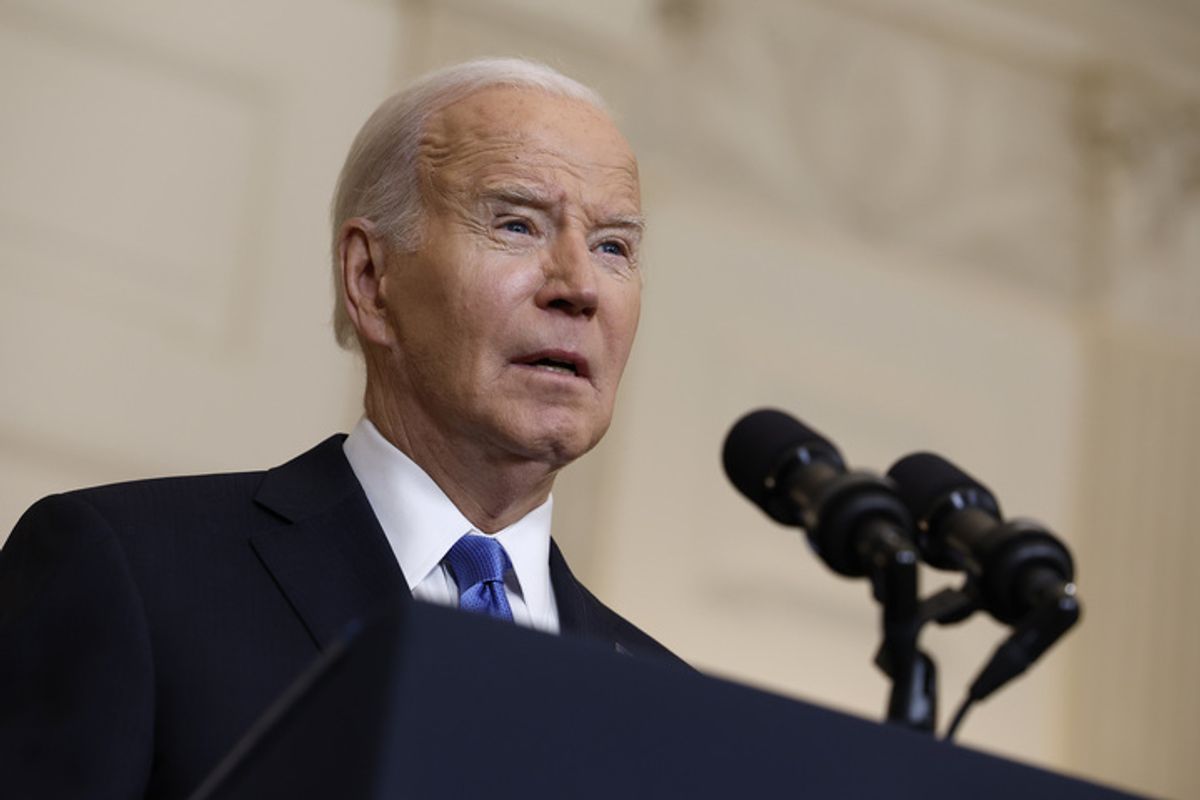In the high-stakes world of political leadership, the health of a nation's president is more than just a personal concern—it's a matter of national security and public interest.
Throughout history, the intricate dance between transparency and privacy has led many commanders-in-chief to conceal their health struggles from the public eye. The reasons behind such secrecy are multifaceted, ranging from concerns over political stability to the fear of appearing weak or incapable of fulfilling presidential duties.
This delicate balance raises ethical questions about the public's right to know and the impact of such disclosures on a president's ability to govern.
As we delve into the hidden health battles of past U.S. presidents, we uncover not just personal stories of resilience and vulnerability but also a recurring theme of the complex relationship between health, power, and public perception.
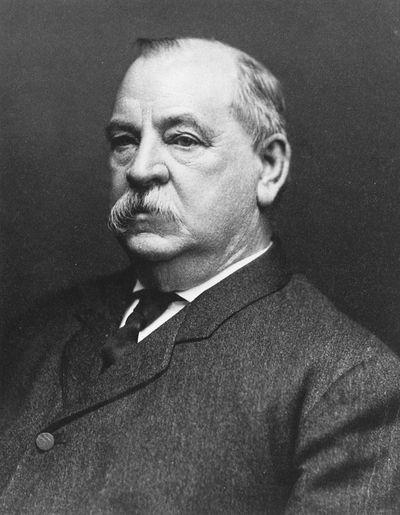
In a plot twist worthy of a historical thriller, President Grover Cleveland pulled off a secret surgery in 1893 that would make any spy proud. Amidst a grave financial crisis, Cleveland vanished for a few days to undergo a clandestine operation aboard a friend's yacht, where surgeons discreetly removed a cancerous tumor from his mouth.
This hush-hush health maneuver was so well-concealed that the public was none the wiser. Cleveland's stealthy recovery and subsequent efforts to speak normally again are the stuff of presidential legend, proving that even presidents have their secrets.
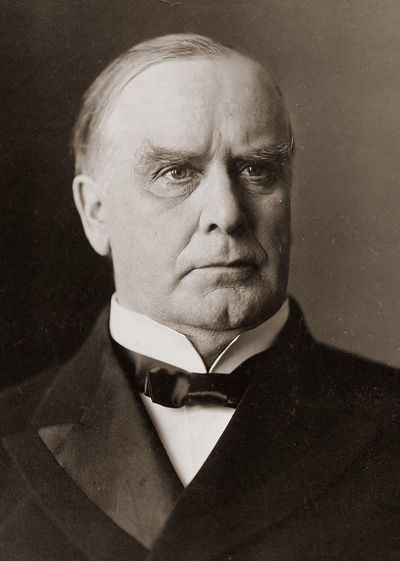
During William McKinley's presidency, his health issues, including episodes of depression, phlebitis, and epilepsy, were a closely guarded secret, managed with the discreet assistance of his spokesperson. Despite these challenges, which demanded significant personal resilience and constant care for his wife, McKinley's team worked diligently to maintain a facade of robust health and unwavering dedication to his presidential duties.
This strategic management of information ensured that public focus remained on his leadership and policies rather than on his personal health struggles, reflecting a keen understanding of public relations even at the turn of the 20th century.

During Woodrow Wilson's presidency, his health issues became a closely guarded secret, particularly after he suffered a severe stroke in 1919. This major health crisis left him with significant physical impairments, yet the true extent of his condition was meticulously concealed from the public eye.
With the complicity of his inner circle and medical team, information about Wilson's incapacitation was minimized, allowing him to maintain a semblance of leadership despite being mainly unable to fulfill his duties. This period marked a significant moment in U.S. history, where the health of a president was shrouded in secrecy to preserve the image of an uninterrupted administration.
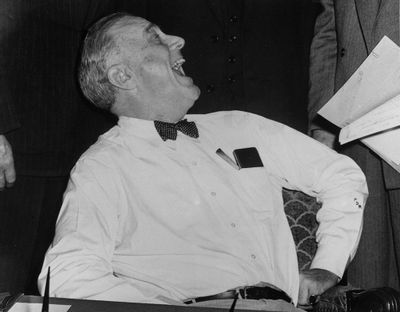
Franklin Delano Roosevelt, diagnosed with polio in 1921, made considerable efforts to prevent his paralysis from becoming a focal point of his public and political image. Despite the widespread knowledge of his condition, FDR and his team skillfully managed his appearances, employing leg braces and carefully orchestrated movements to stand or appear to walk during public events.
This strategic presentation was supported by a cooperative press that rarely photographed him in his wheelchair, allowing Roosevelt to project an image of strength and capability. This approach helped maintain public confidence in his leadership during critical times, including the Great Depression and World War II.
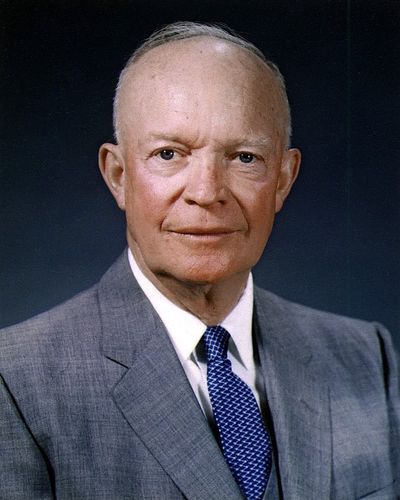
During Dwight D. Eisenhower's presidency, his health became a matter of national concern following a massive heart attack in 1955. Despite the gravity of his condition, efforts were made to downplay the severity of the situation to the public. The administration and medical team provided optimistic updates on his recovery, aiming to maintain public confidence and stability.
This approach reflected the era's tendency to shield the true health status of leaders from the public eye, emphasizing instead their capability to lead. Eisenhower's resilience and the strategic handling of his health information underscored the complex relationship between presidential health and public perception.
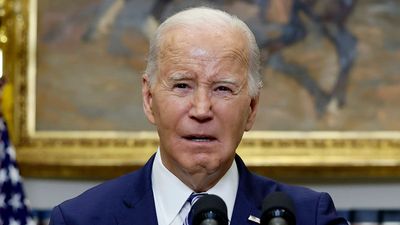
Joe Biden raised eyebrows recently after it was revealed that he refused to take a cognitive test during his annual physical despite talk of his declining mental ability. According to Press Secretary Karine Jean-Pierre, Biden "doesn't need a cognitive test."
However, this directly contradicted the findings of a special counsel report released in February of 2024, which remarked that the president's memory was "significantly limited" and that he could not give an estimate within several years of when he was vice president or when his son Beau died.

Chester A. Arthur, the 21st president of the United States, served with a secret that few outside his closest circle knew. After ascending to the presidency, Arthur was diagnosed with Bright's disease, a serious kidney ailment, which at the time was considered fatal.
Despite the gravity of his condition, Arthur chose to keep his health issues private, continuing to fulfill his presidential duties without public acknowledgment of his illness. Concerns over political stability and personal privacy likely influenced this decision to conceal his health struggles
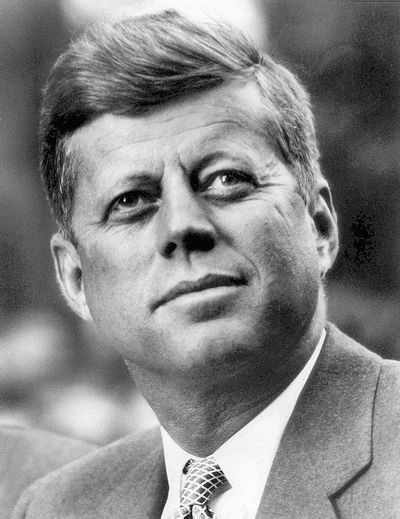
John F. Kennedy, before and during his tenure as the 35th president of the United States, faced significant health challenges, including Addison's disease, a condition affecting the adrenal glands. Despite the severity of his diagnosis in 1947, Kennedy and his inner circle meticulously managed his public image, minimizing any perception of physical weakness.
This effort included downplaying the disease's symptoms and its impact on his capacity to serve. Kennedy's determination to keep his Addison's disease under wraps was driven by concerns over public and political reactions, fearing that full disclosure might undermine his leadership credibility and electoral prospects.
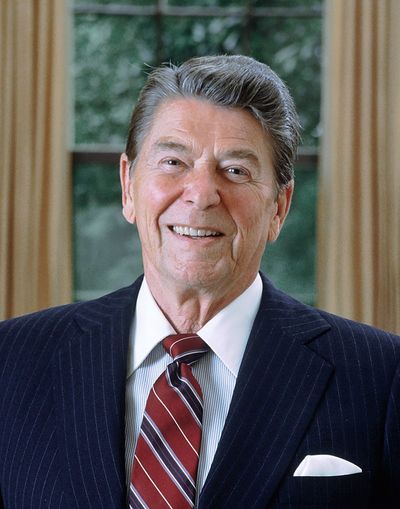
Five years post-presidency, Ronald Reagan was diagnosed with Alzheimer's disease, a condition his son observed signs of during Reagan's presidency. Studies noting changes in Reagan's speech patterns hinted at early dementia, though conclusive evidence of Alzheimer’s during his presidency remains scant.
Health concerns were not unfamiliar to Reagan; he faced serious cancer scares while in office, undergoing surgery in 1985 to remove cancerous colon polyps and in 1987 to excise a basal cell epithelioma from his nose. Despite these challenges, speculation about Reagan's cognitive health primarily stemmed from observations and his age during his campaign and presidency.
